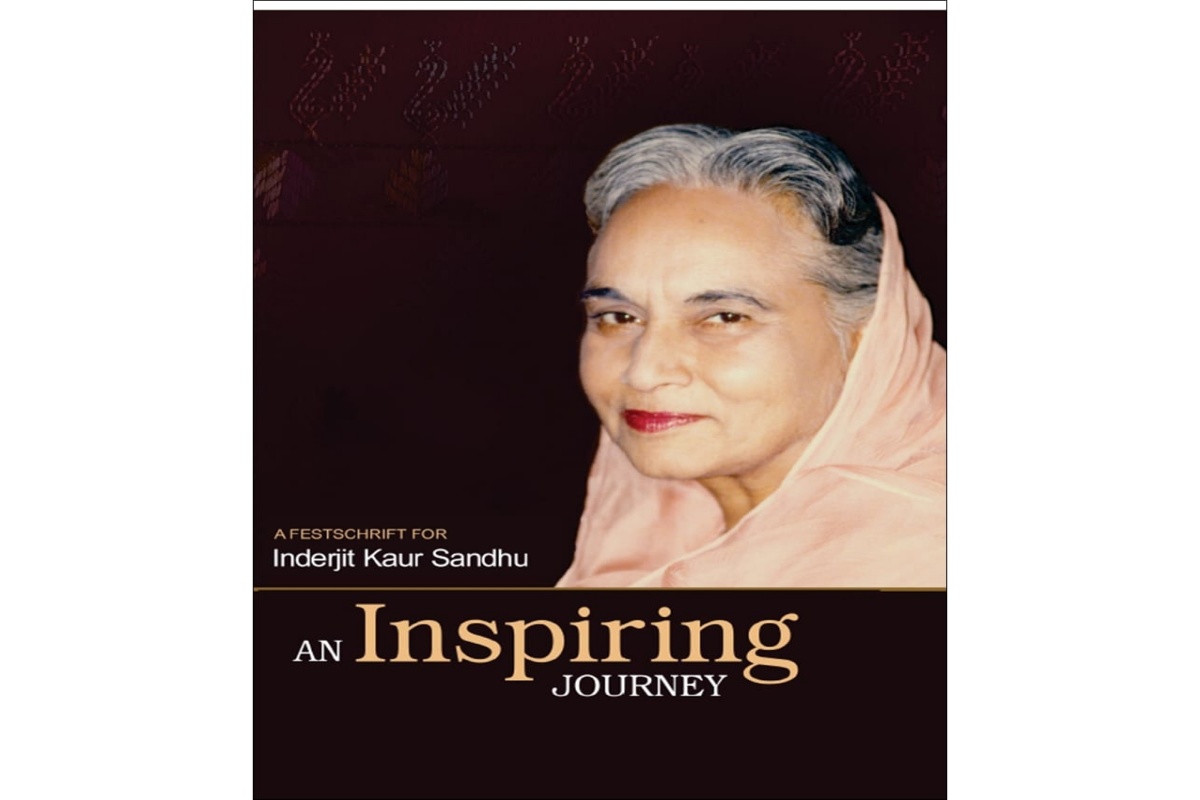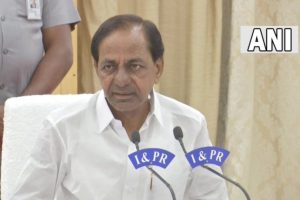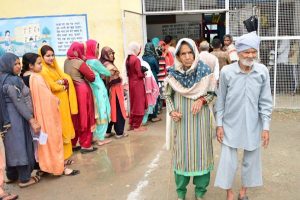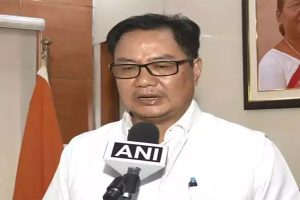‘A Festschrift for Inderjit Kaur Sandhu: An Inspiring Story’, a book edited and compiled by senior journalist Roopinder Singh, was launched virtually here on Wednesday at a session held to mark the 98th birth anniversaruy of Inderjit Kaur Sandhu.
Inderjit Kaur had been a celebrated academician and the first woman Vice-Chancellor of Punjabi University in Patiala and the first woman chairperson of the Staff Selection Commission in New Delhi.
In a special message, Punjab Chief Minister Amarinder Singh wrote that the book has weaved “a phulkari that is an enriching mosaic of vignettes of her life”, and also made a mention that “not many know that she was among the first batch of Punjabi MA students and helped edit Giani Ji’s famous ‘Mera Pind'”, to whom she was married.
Inderjit Kaur’s son and editor of the book, senior journalist Roopinder Singh said, “My mother had a long and distinguished career. As you know, she was the Vice Chancellor of Punjabi University, Patiala (1975 to 1977), and the first woman chairperson of the Staff Selection Commission, New Delhi (1980 to 1985).
“She was educated in Lahore and became the first woman Vice Chancellor of a university in northern India, representing the country in various international academic fora.”
With a forward from Gursharan Kaur, the wife of former Prime Minister Manmohan Singh, the book has contributions in English and Punjabi.
Among the eminent persons who have written in English are: H.S. Gill, Professor Emeritus, Jawaharlal Nehru University; Nikky Guninder Kaur Singh of Colby College, Maine, USA; Ashok Vohra of Delhi University; thespian Neelam Mansingh Chowdhry; and senior Supreme Court advocate Nitya Ramakrishnan.
Archival materials written by publisher Ashok Chopra and late humourist Suba Singh provide a snapshot of the times. Personal accounts of younger persons — authors Ranjit Powar and Aradhika Sharma, journalist Madhusudan Srinivas, administrator Radhey Pratap Singh and Deputy Advocate General Daldeep Singh, and Inderjit Kaur’s grandchildren provide different kinds of perspectives.
The Punjabi section has articles by author Dalip Kaur Tiwana; historian Kirpal Singh; university administrator Tirath Singh; literary critic Kuldip Singh Dhir; and journalist Narinder Singh Sathi.
Educationist Harcharan Kaur, former MP Tarlochan Singh, university administrator Dalip Singh Uppal and linguist Bhupinder Singh Khaira bring out the different aspects of the life of Inderjit Kaur in the book.
Also included in this section are archival articles by Rajinder Kaur and Balwinder Kaur.
There are also many pictures in the book which portray the life of Inderjit Kaur.











